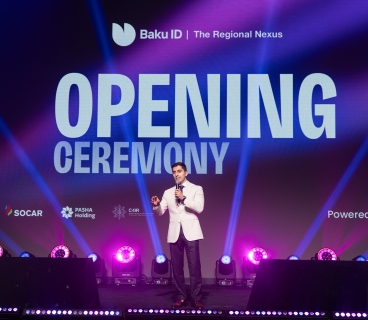I remember when advertisements in 2000 asked people if they were ready for the revolutionary changes brought about by the internet. This question remains relevant today in the face of the changes brought about by artificial intelligence (AI). Artificial intelligence, the next big wave of technology, is poised to change the world in a profound way. Artificial intelligence (AI) and digital technologies are becoming an integral part of our lives, causing revolutionary changes in many areas.
The Intensive Growth of Artificial Intelligence
Microsoft’s investment of $10 billion in OpenAI in January 2023 highlighted the potential of this technology on a global scale. This event forced companies to define their positions on AI and plan how they will implement this revolutionary technology. Companies must now decide whether to be the winners or the losers of these changes.
Although AI has become a necessary strategy for every company, there is no clear roadmap on how to implement it effectively. These changes present both great opportunities and challenges, especially for leaders. Compared to the changes brought by the Internet, AI creates transformation much faster and more effectively.
The success of companies will depend on the decisions leaders make about how to integrate AI into their strategy. Today, we were having lunch with colleagues. Rashad bey asked us many interesting questions, and we tried to find him. The phrase “Golden Wedding”, which describes the 50th anniversary of a wedding, caught my attention. Inspired by this symbolic phrase, I want to say that we are on a path between the “Golden Age” and the “Age of Fear” when describing the era of AI. This phrase perfectly reflects an era where both opportunities and risks coexist, requiring balance.
Thinking as a Process
Integrating AI not only as a project, but also into all business strategies of the organization is one of the important issues. Different areas can feel the benefits of AI to different degrees. Today, in the #mygov product I work on, we are rapidly preparing the civil service sector for the implementation of artificial intelligence. What were our first questions:
- How should we collaborate with companies and startups that offer AI products?
- Should new staff be hired for this transition?
- What steps should be taken to improve the knowledge and skills of current staff regarding AI?
AI Governance
The governance of Artificial Intelligence (AI) should be considered a priority at the highest management level of the organization, because this technology is more than just a technical tool, it has the power to shape the overall strategy of the organization. However, the practical application and implementation of AI must be carried out by technical specialists so that the technology can work effectively. In this process, having a leader such as an “AI Champion” is critical.
An “AI Champion” is a person who leads the comprehensive implementation and development of AI within the organization. His main task is to unite the different departments of the company around the AI strategy and ensure a consistent approach from both a technical and strategic perspective.
Working together, the CEO and the AI Champion should present AI not just as a tool, but as a core component of the organization’s overall strategy, and unleash the full potential of the technology. This approach will play a significant role in AI’s growth and competitiveness.
Forging New Paths
I had predicted that 2024 would be the “Decade of AI.” I believe that AI will create a more fundamental change than the Internet and cloud technologies. But these changes are also accompanied by concerns, because as leaders, we prefer to control our own destiny. However, this is a scenario we have not seen before.
The truth is that there are various roadmaps for AI, but to properly navigate these changes and succeed, leaders will need to re-chart their own paths. I predict that this will be an exciting and challenging journey.
Conclusion: International cooperation, inclusivity, and responsible governance must be the guiding principles to overcome the challenges associated with the rapid development of AI.
Vurgun Hajiyev







